So, last Wednesday, this happened:
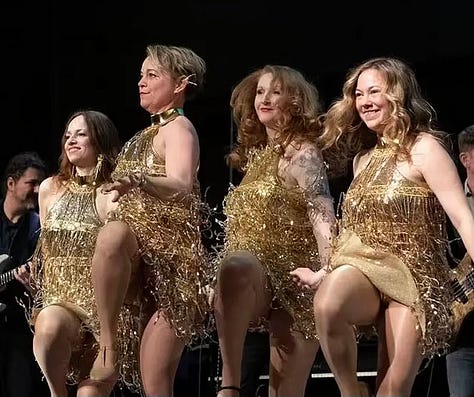


Then, three days later, this happened:
Because of that, this had to happen:
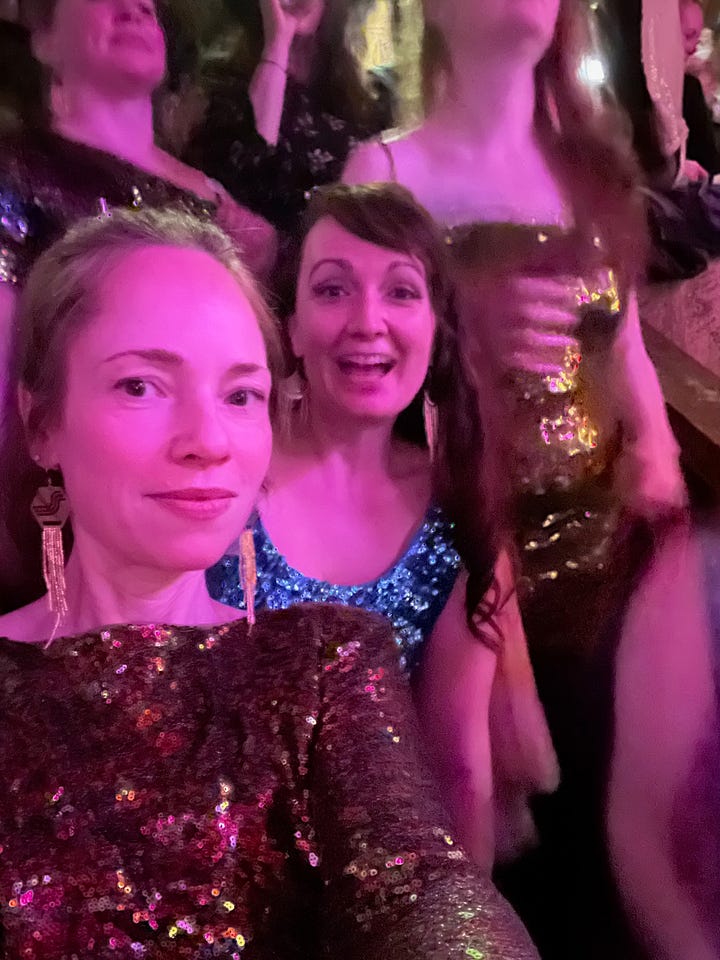

Not to be a Debbie Downer, but you never know when it’s your last party. Carpe mother-loving diem.
And yet, because duality, because paradox…
There is something to be said about how the proximity of death can make one feel more alive. Like those funny little chicharras (cicadas) in Costa Rica that buzz the loudest right before they pop and die, or when you used to stick your tongue in a 9-volt battery as a child.
It’s no coincidence that cultures under significant existential threats create some of the most vibrant performing arts scenes. Take, for example, Kingston, Jamaica. When I lived there in 1999, Kingston had the highest rate of homicide of any city in the Americas. But it also had one of the most thriving music scenes.
At the time, it was said that more than one million singles came out in “Jamrock” every month. Music was everywhere: on the streets, in buses, in stores. You couldn’t go anywhere without hearing the heartbeat of the dancehall bass, the sounds of sirens, and varied “riddims” that echoed the soundscape of the violent-plagued city. Every weekend, there were outdoor “stage shows” all over the city where women dressed in futuristic, “glitterous” costumes and wigs and jewelry. They’d scale the two-story speakers and “whine” their hips against them. Men and women would form Conga lines of people gyrating against each other.
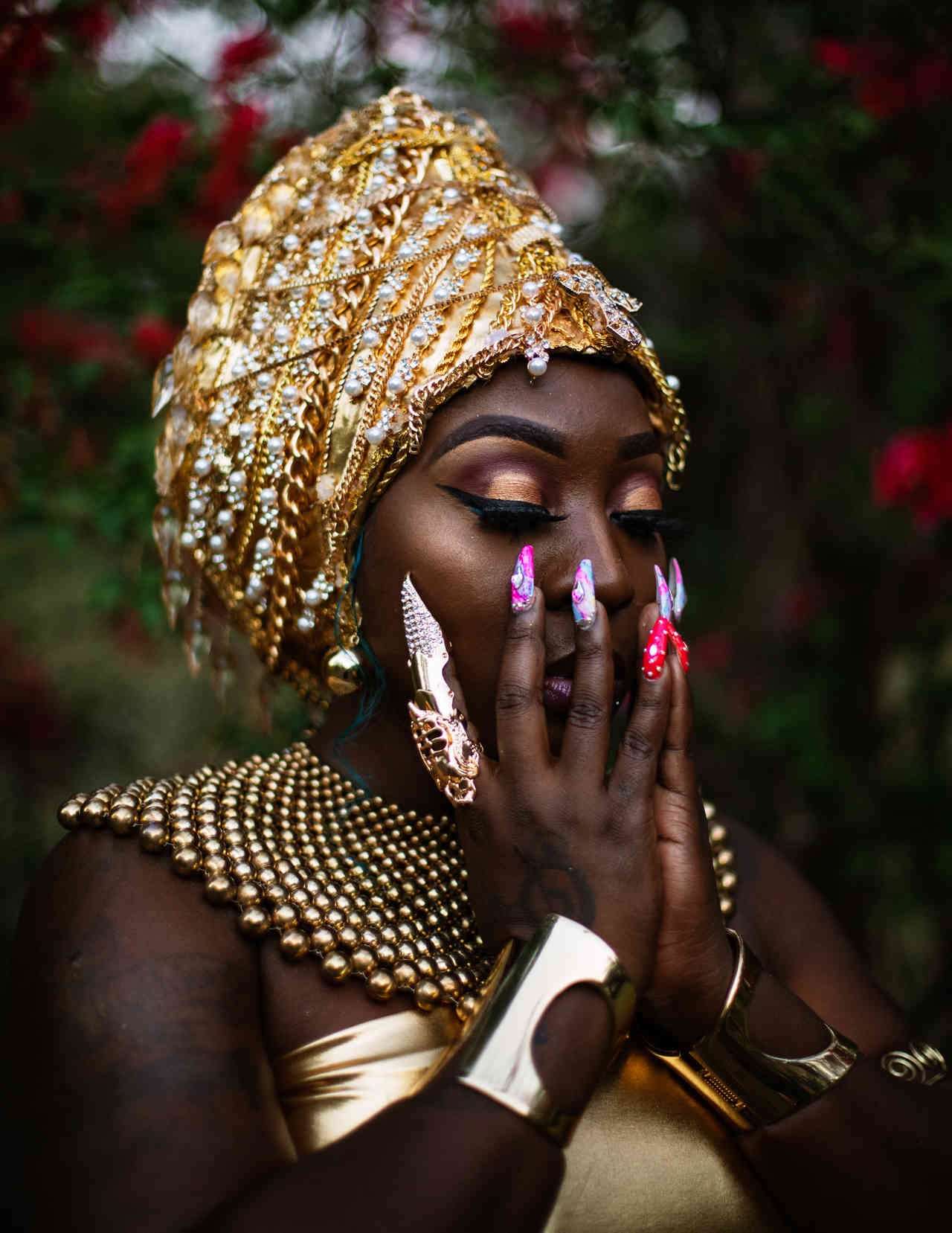
Originally coming to Jamaica to study Gender and Development, I stayed six more months to research dancehall reggae music and its influence on the culture. I visited several recording studios and met musicians in the dancehall music industry, including members of UB40 and Third World.
“Music clean out the people,” the guitarist of UB40 told me during our interview, which was held in his SUV with doors locked and A/C running as my Jamaican boyfriend looked on through the windows. “It keep people going without a focus on the downpression of society.”
Music held the people up. My boyfriend, a Jamaican deejay, told me, “Music the cornerstone of Jamaica. Without it, the whole of Jamaica sink.”
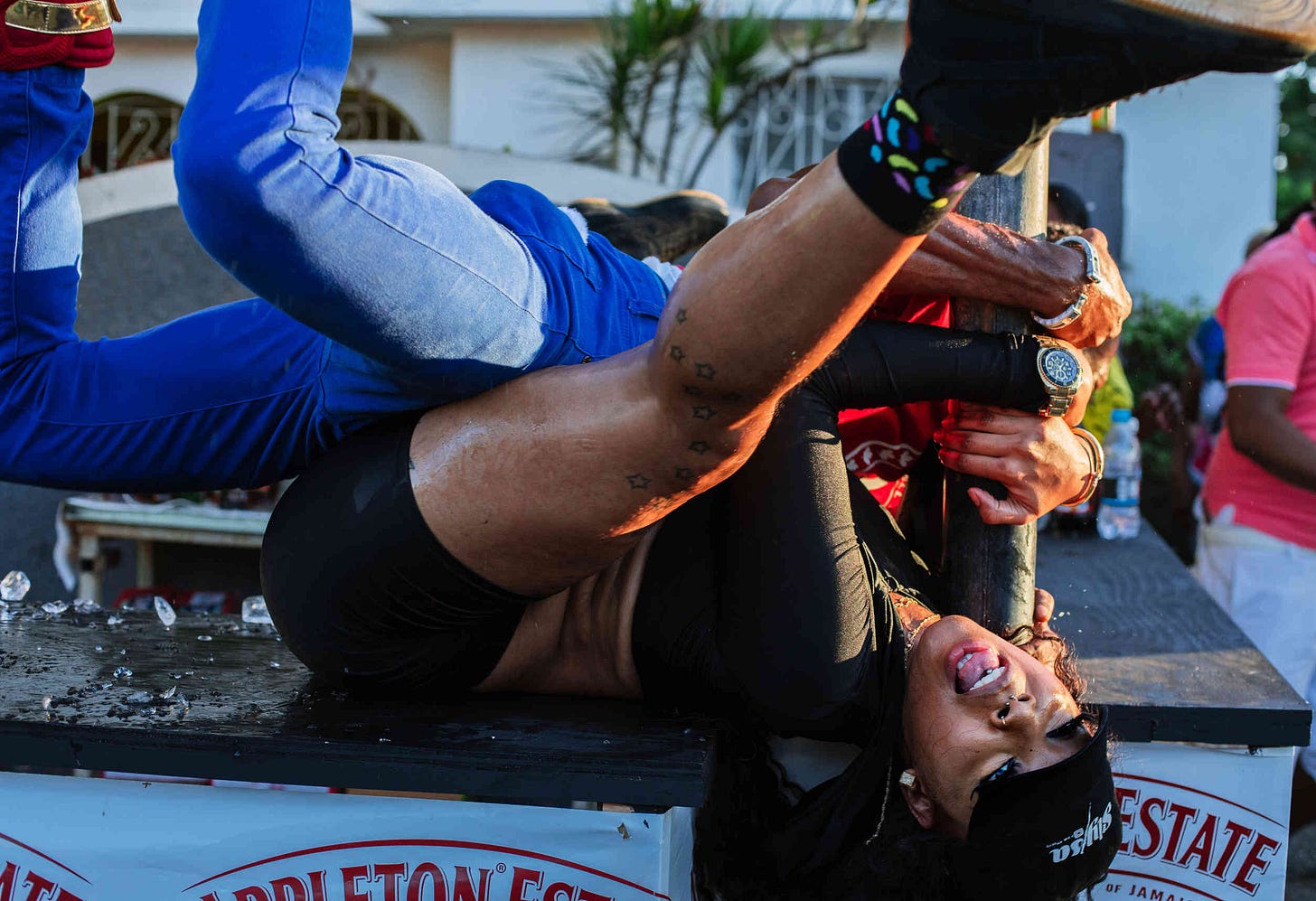
Pakistan, one of the world’s most dangerous places, continues to see its art culture take off. Bani Abidi, a Pakistani artist living in India, says the increased interest in Pakistani art is partly due to the country's increased interest in the current political situation.
During Nazi-occupied Germany, performing artists in Berlin created a thriving cabaret scene that was celebrated for its political satire. When the Nazis began suppressing all forms of political criticism, performing artists suddenly found themselves at risk, as documented in the movie and play Cabaret. (I played a Kit Kat girl in the 1997 Perseverance Theatre production.)
Then there is the subversive street artist Banksy, whose political and social commentary has appeared on streets, walls, and bridges the world over.
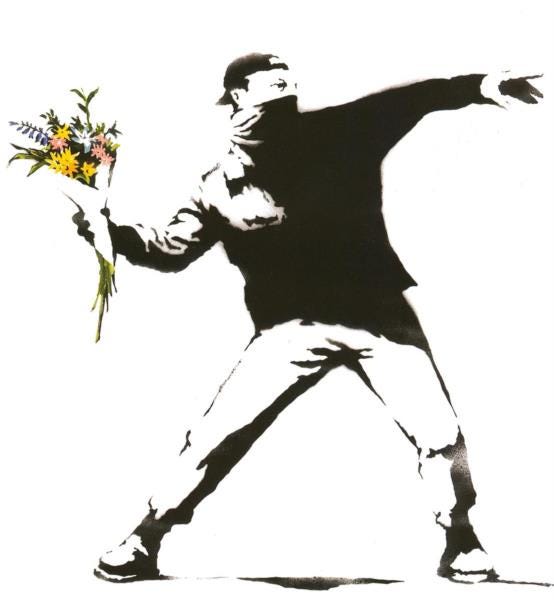
A few years ago, I ended up in the ER a handful times, struggling to breathe when even my rescue inhaler and nebulizer stopped working. With death suddenly looming over my shoulder—peering, taunting—life took on a whole new meaning.
Life no longer seemed like this amorphous ozone that held me. Now, it had contours. I could hold my limited earthly time in the palm of my hand. Feeling it ticking, suddenly aware of its edges, weirdly made me feel as if I could control it.
Have you ever looked up at a blue sky and realized that it’s just a finite concave shell, fragile and breakable? Then suddenly you, too, wanted to care for it and protect it? That is how life became for me after I realized that my breath could stop and I could cease to exist in this flesh suit. I had to be intentional with life, with time. I was a kid looking at the end of summer break. Womp womp.
But don’t pull out the trombone for me just yet—things got better! I switched to a vegetable-based diet, and my inflammation (asthma) improved. I stopped drinking, mostly unintentionally, and suddenly, I was more present.
I imagined my life in a rearview mirror. How would my obituary read? What did I want people to say about me? She was a good listener, authentic to a fault. Her students loved her. She put her kids first. I aimed to manifest that.
Then I worried. What if I die with so much unsaid? So, I started writing my story. it turned into a memoir. In case you have not written your memoir, you have to figure out your Why. I’m not exaggerating when I say that figuring out my Why changed how I see everything.
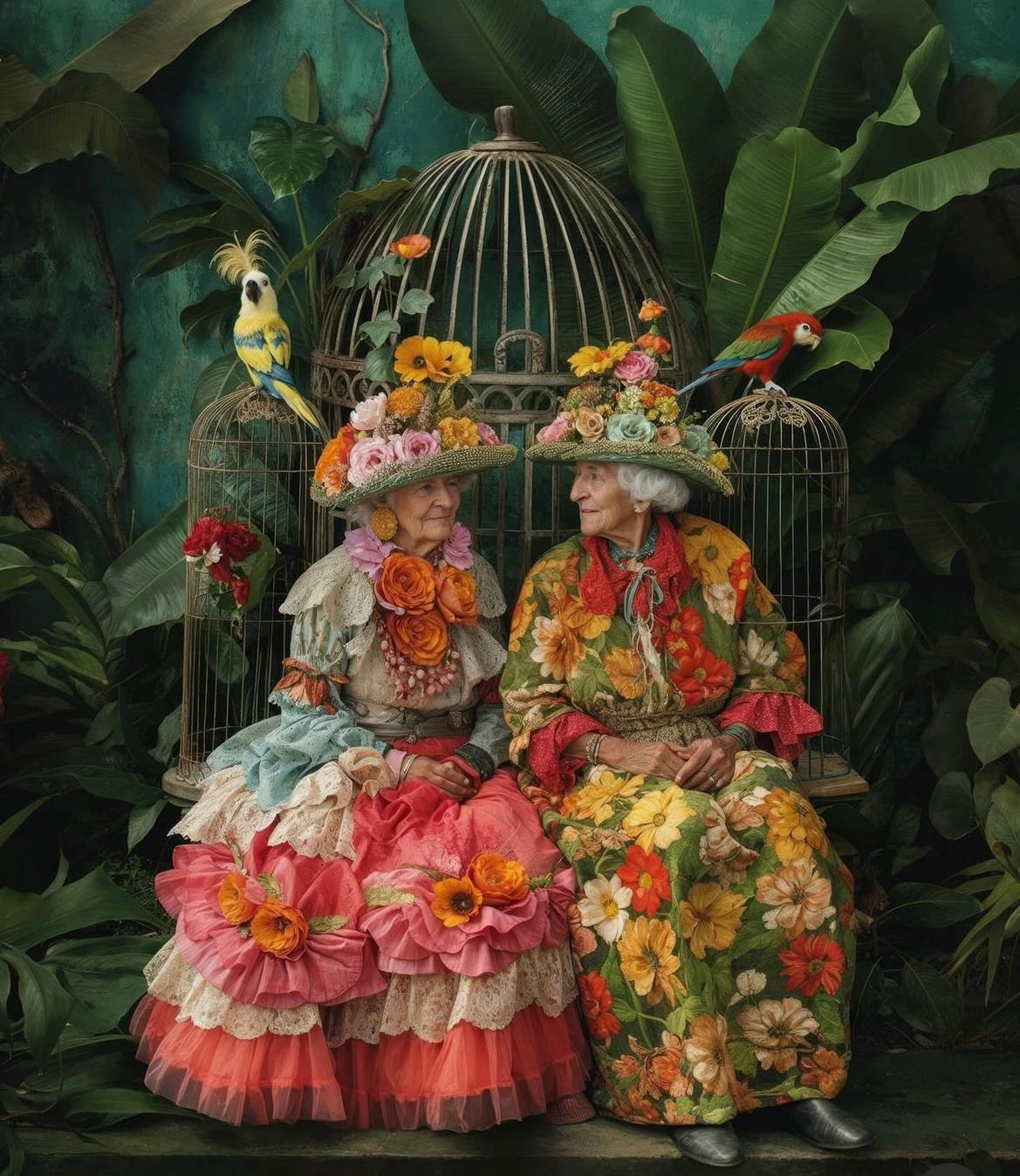
In “Think About Your Death and Live Better,” Arthur Brooks writes: “Contemplating your mortality might sound morbid, but it’s actually a key to happiness.”
“[Even] if you believe in an afterlife (as I do),” Brooks writes, “facing discomfort and thinking seriously about the impermanence of your mortal life is important for making decisions that enhance your happiness.”
Ennui, a listless lack of purpose, is a privileged problem to have. And yet, it is akin to being dead alive. Maybe this is why my autistic daughter talks about death all the time, why my tween son loves playing killing games, and why teens act out in dangerous behaviors.
Perhaps this need to feel the nearness of death to feel alive is why, in my twenties, I stayed with someone who drove too fast down misty Costa Rican mountains blasting AC/DC, passing cars on blind corners, and navigating down dirt roads without working headlights on our way to surf contests. The wooden cross hanging from the rearview mirror assured my faith and the nearness of danger reassured me of life.
For the record, I’m not advocating dangerous behavior. There are other ways to be aware of your mortality than taking risks that compromise your life.
For starters, imagine your obituary. What do you want to be remembered for? What do you still need to do? What is your Why? Consider writing your memoir.
Mexican poet Octavio Paz wrote, “A civilization that denies death denies life.” Whether we’re headed for WW3 or not, one thing is sure: We are all going to die. Whether or not we are brave enough to look it in the eye so we can live in our fullest truth (and create our best art) is up to us.

Now tell me: have you considered your mortality? If so, has it changed the way you live your life, for better or worse? Sound off in the comments!
If you liked this post and want to be part of a community of like-minded folks, consider upgrading to a paid subscription. Soon I’ll be hosting discussion threads for paid subscribers. You can buy a year subscription at a discount here. Thanks for supporting independent writing!
If smash the heart, more people can discover this post. Ty! 💕
Summer
P.S. If you’re looking for more, check this out:
Celebrating Dia de Muertos with my students helped me overcome my fear of death
The third time I wound up in the emergency room struggling to breathe, I started to consider my mortality. When I was a child, asthma landed me in an oxygen tent for a week. As an adult, when even my rescue inhaler and nebulizers couldn't help my lungs, I unconsciously started writing my own obituary.





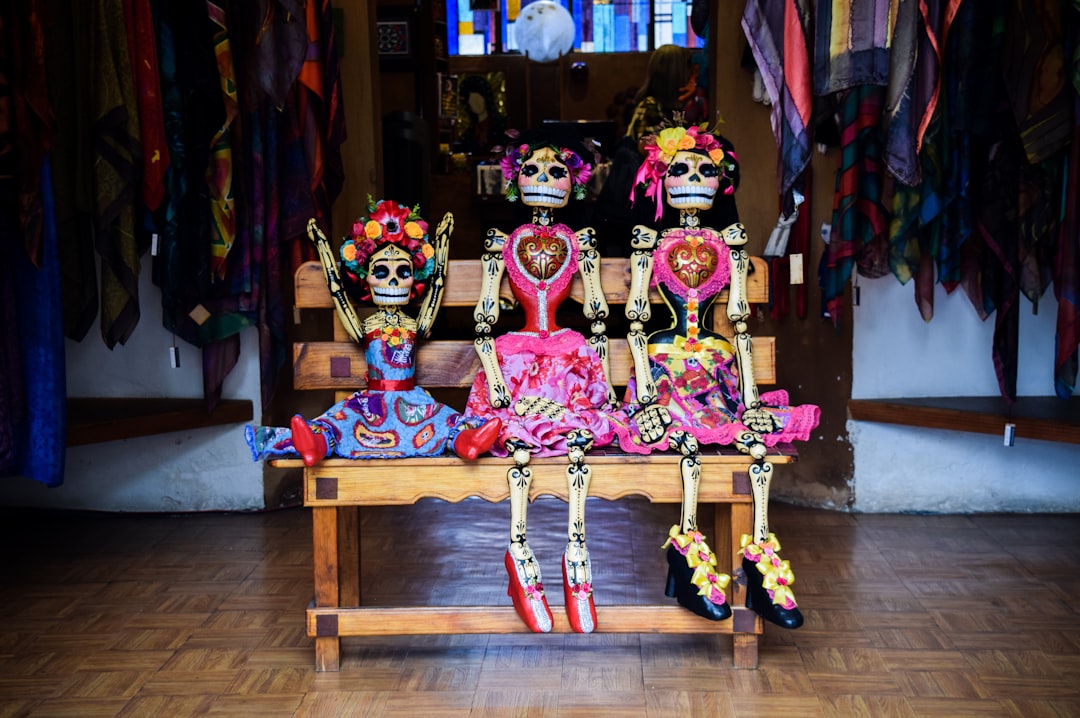
At 72, death feels a bit closer each day. It only really comes into focus, however, with the passing of a close friend or loved one. I’ve been running across clips of a song that starts with the words “I’ve been thinking about dying.” Every time I try and look it up, though, I get a message about calling suicide prevention. So glad Big Brother is looking over ny shoulder trying to keep me safe…
Dear Summer --
Nary a day goes by without me dying at least a dozen times. It's like I've been rehearsing since the day I was born.
And yes, that lights a perma-fire under me that never goes out. Which is a wonderful thing.
As is your wonderful piece! THANKS AS ALWAYS!!!
Big love,
Skipp